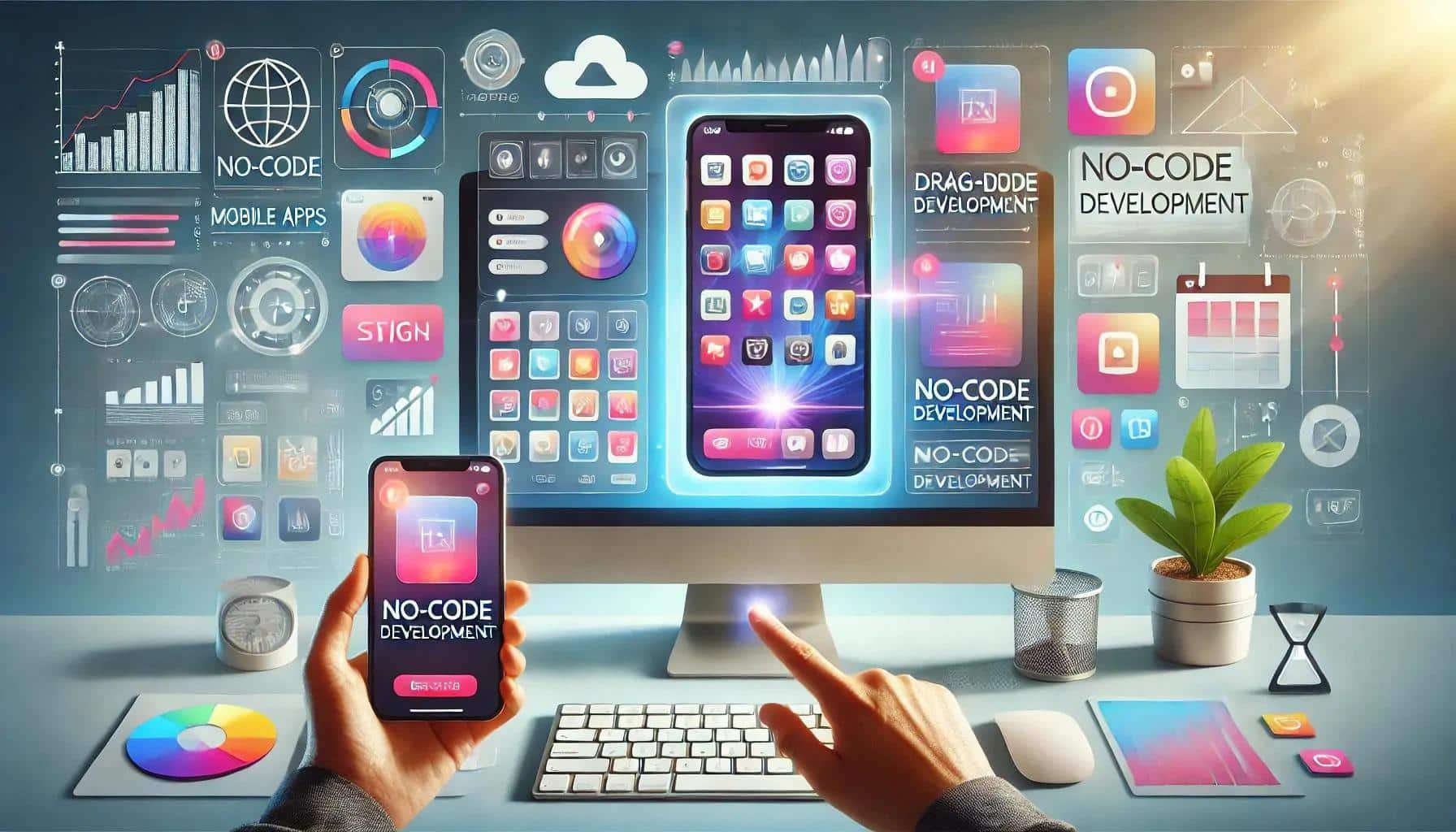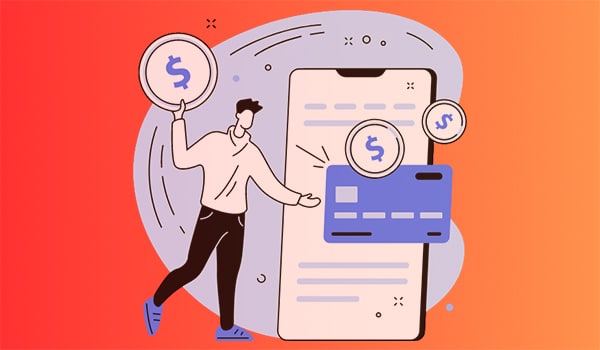What Software Should an Accountant Have?
Introduction
As the accounting industry evolves, so does the demand for contemporary software solutions. The days of relying entirely on pen, paper, and calculators are long gone. Accountants today require robust tools to improve their productivity, accuracy, and efficiency. Whether you’re an experienced accountant or just starting out, having the correct software at your disposal can make all the difference. In this post, we will look at the tools that every accountant needs have in their toolbox in order to excel in their roles. Find websites for accountants here.

1. Accounting Software
1.1 General Accounting Software
General accounting software is at the heart of an accountant’s software arsenal. These platforms are intended to handle basic accounting functions such as transaction recording, account payable and receivable management, financial statement generation, and report generation. Accounting software systems with user-friendly interfaces and comprehensive capabilities, such as QuickBooks, Xero, and Wave Accounting, are well-known.
1.2 Industry-Specific Accounting Software
Some accountants work in specialized industries with specialized accounting requirements. Nonprofits, healthcare, construction, and manufacturing, for example, require software that is adapted to their specific needs. Fund accounting, project costing, job monitoring, inventory management, and compliance reporting are all common elements of industry-specific accounting software. Accounting operations can be greatly streamlined and regulatory compliance can be ensured by researching and investing in industry-specific software.
2. Payroll Software
2.1 Automated Payroll Processing
Payroll processing can be a time-consuming procedure for accountants, especially in large companies with many employees. Payroll software streamlines the process by automating operations such as calculating wages, taxes, and deductions, as well as generating payslips. Furthermore, it can aid in remaining in compliance with payroll tax laws and regulations.
2.2 Integration with Accounting Software
Choosing payroll software that interfaces with your general accounting software will help to speed up the process even further. The automatic transfer of payroll data to the accounting system reduces the chance of error and saves time on manual data entry.
3. Tax Preparation Software
3.1 Efficient Tax Return Preparation
Tax return preparation and filing is a vital element of an accountant’s profession. Tax preparation software, such as TurboTax and TaxAct, provides accountants with the tools they need to properly negotiate the intricacies of tax laws and regulations. These systems frequently include tax calculators, electronic filing choices, and access to the most recent tax forms and rules.
3.2 E-filing and Client Collaboration
E-filing capabilities provided by tax preparation software enable accountants to electronically file tax returns, enhancing efficiency and lowering the likelihood of errors that might arise with traditional paper filing. Furthermore, some software allows for safe cooperation with clients, allowing them to upload their tax papers directly to the platform, resulting in a more efficient and structured tax preparation process. https://cbdtax.com.au/ashfield-accounting-firms-near-me/
4. Document Management Software
4.1 Organized Data Storage
Accountants handle a large number of financial records, such as invoices, receipts, financial statements, and tax forms. Document management software offers a consolidated and structured storage system, making it easier to swiftly access, manage, and retrieve vital data.

4.2 Security and Data Protection
When dealing with sensitive financial information, security is critical. To safeguard confidential data from unauthorized access and maintain compliance with data protection rules, document management software often includes encryption, access controls, and audit trails.
5. Budgeting and Forecasting Software
5.1 Creating Realistic Budgets
Accountants can use budgeting and forecasting tools to create realistic and data-driven budgets for people, corporations, or projects. This software assists in generating realistic financial plans that correspond with company goals by evaluating historical financial data and recognizing trends.
5.2 Scenario Planning
Furthermore, budgeting and forecasting software frequently includes scenario planning features that enable accountants to model various financial scenarios. This ability is crucial for making educated decisions and evaluating the prospective consequences of various financial plans.
6. Data Analytics and Reporting Software
6.1 Data Visualization
Accountants can use data analytics and reporting software to convert complex financial data into visual representations such as charts and graphs. These visualizations help you understand financial trends, patterns, and key performance indicators (KPIs) better.
6.2 Business Insights
Accountants can provide useful financial insights to stakeholders and management by evaluating data and producing analytical reports, assisting in strategic decision-making and business planning.

7. Cloud-Based Software Solutions
7.1 Flexibility and Mobility
Because of its flexibility and accessibility, cloud-based software solutions have grown in popularity. Accountants can access their data and tools from any location that has an internet connection, allowing for remote work and collaboration.
7.2 Automatic Updates and Backups
Cloud-based software providers often manage upgrades and backups, ensuring that accountants always have access to the most up-to-date features and that their data is secure.
8. Cybersecurity Software
8.1 Protecting Against Cyber Threats
As technology progresses, so do cybersecurity threats. Accountants must protect their systems and data from cyber dangers including malware, ransomware, and phishing. Cybersecurity software, including as firewalls, antivirus programs, and encryption tools, provides an additional layer of protection against illegal access and data breaches.

8.2 Training and Awareness
Accountants should invest in training, in addition to cybersecurity software, to increase their awareness of potential dangers and best practices for keeping a secure digital environment.
Conclusion
Accountants require a full set of software tools to flourish in their job in today’s digital world. Accounting and payroll software, as well as tax preparation, document management, budgeting, and data analytics solutions, all play an important role in increasing productivity, accuracy, and efficiency. Using the proper software can help accountants give value, obtain useful insights, and make sound financial decisions, thereby contributing to their customers’ or organizations’ success. To remain competitive and current in the ever-changing accounting and finance market, keep up with the newest innovations in accounting software. What software should an accountant have?






